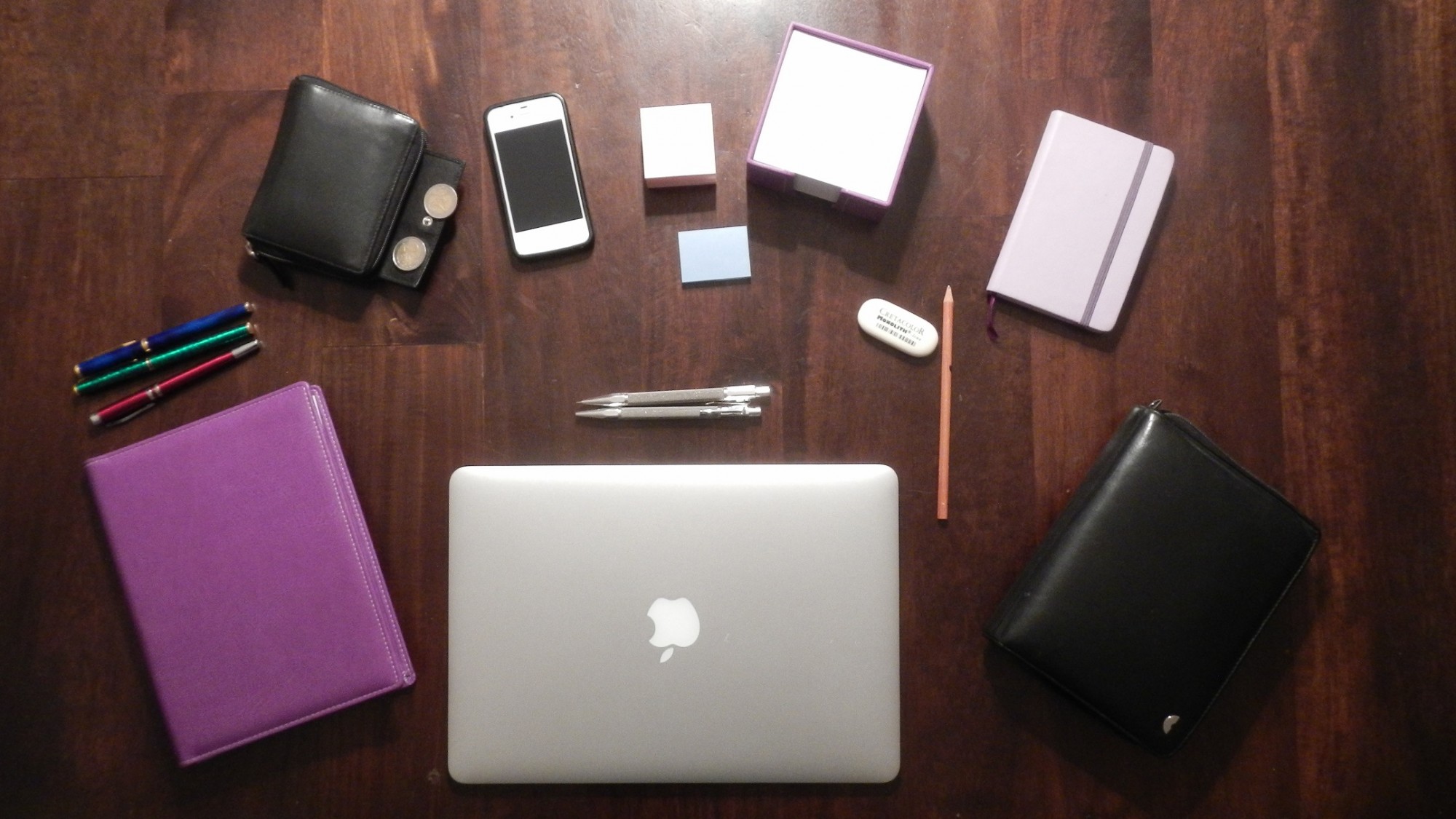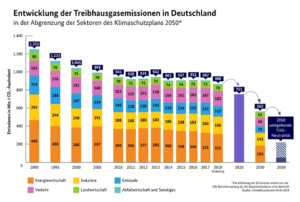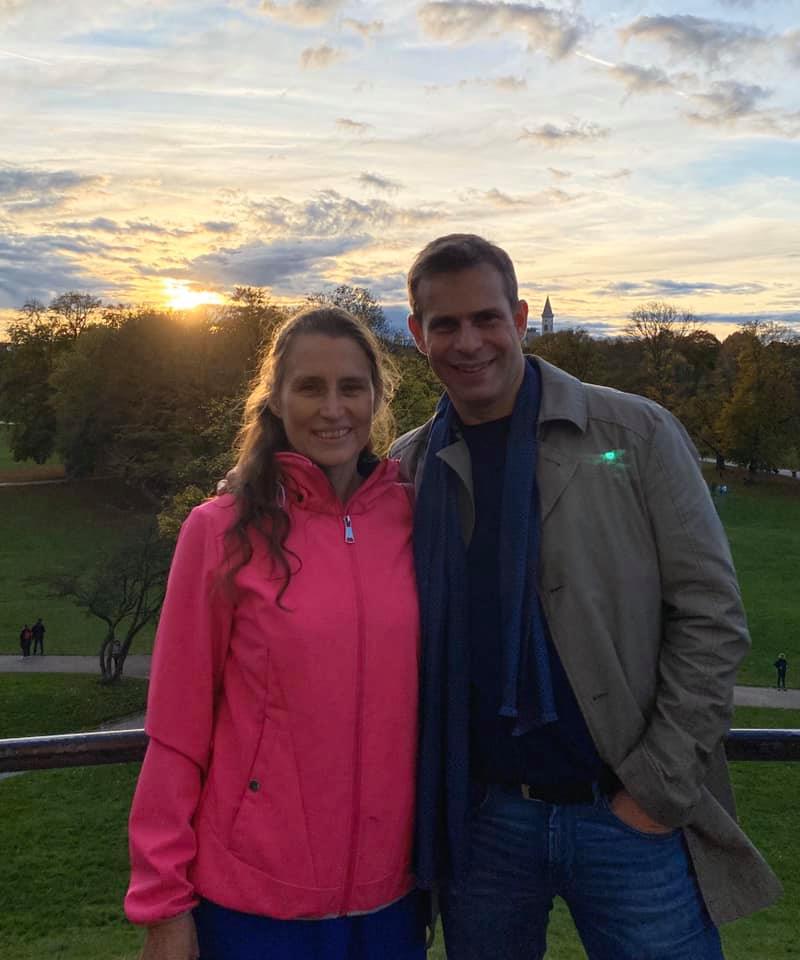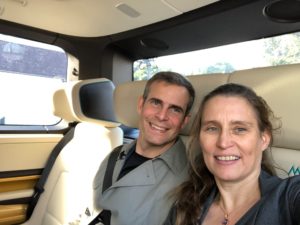Very good reminder from Yuval Noah Hariri, who points out our achievements from the past decades and reminds us to be optimistic and grateful:
„We are healthier, safer, and more prosperous than in
any previous time in history.
We should be more optimistic,
we should be more grateful.
One of the problems is that if you
just take the current situation for granted,
and focus on the problems – and there are lots of problems – but if you just focus on the problems,
and you forget the achievements of the last few decades,
you risk losing everything.
[…]
The world in the early 21st century, and certainly in the west,
was never in better shape.
It’s the first time in history
that violence kills fewer people than accidents,
that famine kills fewer people than obesity,
and that infectious diseases kill fewer people than old age.”
So, let’s be optimistic, then think about the problems and issues around us, check what *we* can change around us, and act upon it!
#WeCanChangeTheWorldTogether
#ThinkAndAct
#StartWith1Thing







